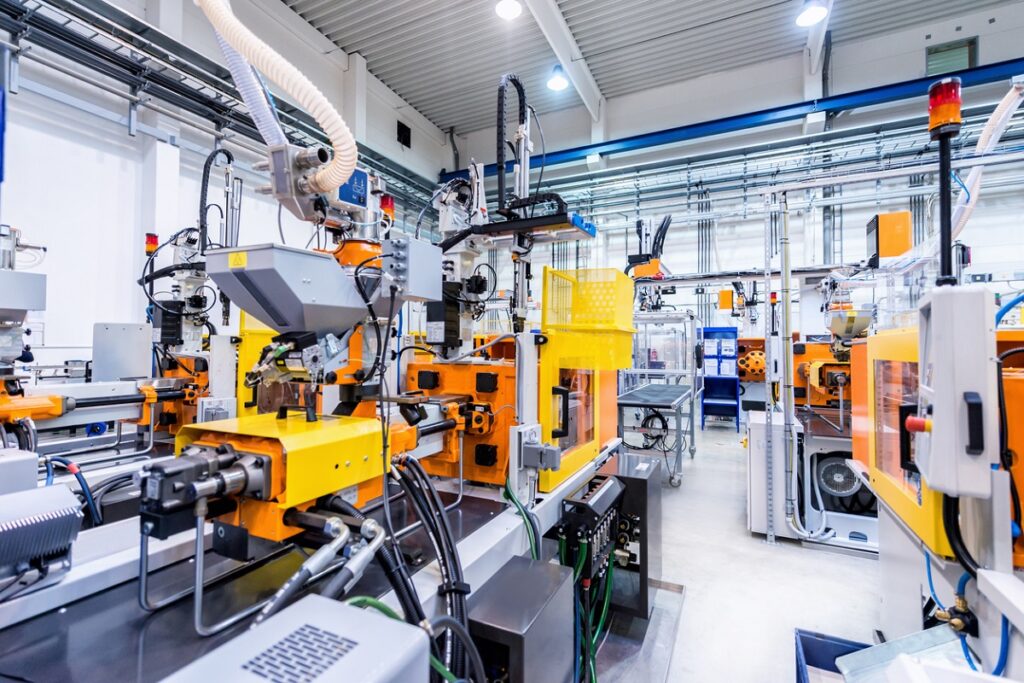What do you think when someone says ‘artificial intelligence’? Robots? Hal from 2001: A Space Odyssey? Siri?
Artificial intelligence (AI) has come a long way from concept to reality in a short space of time and, despite being a buzzword for the last couple of years, is now mainstream enough that all the main tech players are developing their own products and services to help us through our daily lives.
Google has recently developed a context-aware personal assistant simply called the Google Assistant, which can engage in two-way conversations with the user and help with everything from turning the lights on, to playing the latest tunes from Spotify, all without touching a button.
Facebook, on the other hand, has taken the different approach of implementing smart chatbots into their Messenger app to make it easier and more convenient for users to check things like the weather and the news, without having to leave the app they’re using for conversations.
How can AI help you?
The potential of AI is finally starting to be realised – although there is a long way still to go. However, the question is; could this ease and convenience translate to the workplace? If we look at what AI can offer us in our personal lives, I think it can help in 4 main ways:
Automation
AI can provide a one stop shop to search all company information (anything from the location of a meeting, to the latest presentation on a certain subject) but crucially (unlike an intranet) it can also surface relevant, personalised information to the right people at the right time. Colleagues will never miss an important communication again.
An example of this is a new service from ‘x.ai’. You interact with ‘Amy’, a digital assistant who smartly schedules your meetings just by copying amy@x.ai into your email.
Once ‘she’ has been copied into a meeting request she will respond to the attendees finding the best time and location, knowing your schedule and preferences and then sets up the meeting.
Increased Engagement
Rather than the continuous barrage of email (we’ve all been there), AI can seamlessly be integrated into mobile apps people are already using.
This removes the barrier of encouraging colleagues to log into a separate service/intranet and removes subsequent onboarding / training costs.
Tools like chatbots also have the benefit of being more conversational in nature which increases the likelihood of someone wanting to engage as they are more informal.
Burger King shows this off to great effect. People can now order their burger as if they were talking to a friend, truly embodying their slogan of ‘Have it Your Way’.
Accessibility
AI provides the ability for companies to access more people including remote workers who only access information through mobile.
The ability to interact with an intelligent assistant opens up the possibility of more people (especially staff with disabilities) being able to access company content more freely than they have before.
A great example of this technology is the ‘Seeing AI project‘ from Microsoft, which helps visually impaired or blind people to better understand who or what is around them by providing them audio feedback from pictures taken by the user.
Increased Efficiency
By using AI to cut out menial tasks, employees could spend less time doing admin and more time concentrating on the more important things; increasing the quality of their work and focusing on the more complicated customer demands.
I Done This on Slack is a great example of this. It works by getting staff to share what they have accomplished during the day.
At the end of the day it pools all the results and automatically sends a progress report out to the team showing them what has/hasn’t been achieved which ultimately keeps everyone in the loop without the need for a tedious status meeting (again, we’ve all been there!).
Working with employees, not instead of
There are worries that more automation could render some jobs redundant. x.ai’s founder and CEO, Dennis R. Mortensen, said in an interview with PGi: “Right now, we are in the middle of a shift from a world in which our machines assist knowledge workers to one in which they take over entire ‘jobs to be done’.”
But it’s not all bad news. Whilst the above may sound like we’re on the verge of a robot invasion it’s important to remember that, used in the right way, AI can be a force for good.
Mortensen also looks at the increased efficiency benefit saying: “Over time, I believe knowledge workers will realise some of the benefits of automation: they’ll be able to hand over a slew of repetitive, rule-bound ‘jobs’ that have diverted their energy from work that requires creativity, empathy and wisdom.”
AI is quickly facilitating the next huge change in engagement. I’m excited to see how the use of this technology unfolds





